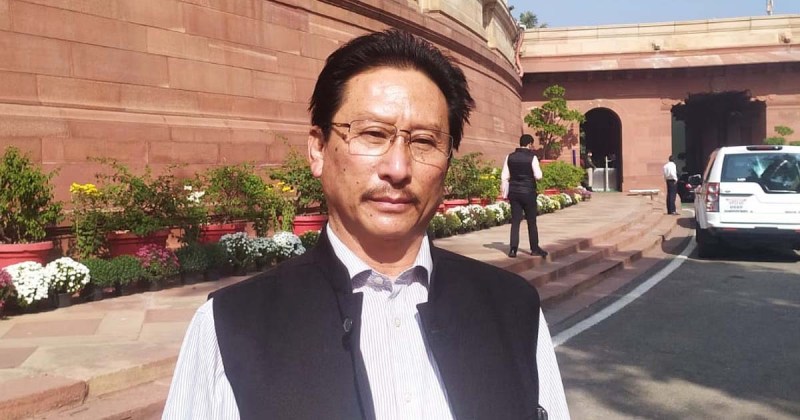Kohima: The Nagaland government has restructured the committee responsible for reviewing the state’s reservation policy after several tribal bodies called for a more neutral and administrative mechanism.
Nagaland government spokesperson K.G. Kenye said the new panel, now comprising only senior government officials, has also been renamed the Commission for Review of Reservation.
He explained that the previous committee, which included tribal or block-wise representatives, had drawn objections from the five-tribe Committee on Review of Reservation Policy (CoRRP). In response, the government decided to revise its composition and vest the responsibility entirely in senior officials to ensure a balanced and impartial review.
The reconstituted committee will be chaired by former Development Commissioner R. Ramakrishna. Its ex-officio members will comprise senior officials from the Department of Personnel and Administrative Reforms (P&AR), the Law and Justice Department, and the Home Commissioner’s Office. The Commissioner and Secretary of P&AR will serve as the Member Secretary of the committee.
The committee has been given six months from the date of appointment to complete its review and submit recommendations to the government.
“After the last memorandum and submissions made by the five tribes, Ao, Angami, Lotha, Rengma, and Sumi, that tribal or block-wise representatives should not be there but replaced by senior officials, we have rectified that,” Keyne added.
Regarding the renaming of the Commission from Job Reservation Review to Commission for Review of Reservation, the spokesperson said the government acknowledges that it is not about job reservation, but involves so many other aspects.
He also said that ultimately it has to be in confluence with the National Census Exercise that is taking place.
“The government has listened to all sides: Kenye said, expressing hope that the newly formed committee will “bring clarity, fairness, and finality” to a long-pending issue that has stirred both political and administrative debates in Nagaland.
The push to review Nagaland’s reservation policy intensified after the five tribal apex bodies, under the banner of the 5-Tribes CoRRP, submitted a joint memorandum to the state government.
They argued that the policy, which has been in place since 1977, no longer reflects the current socio-economic and educational realities of the various communities in the state.
Initially, Nagaland’s policy had earmarked 25 percent reservation for backward tribes for 10 years. The tribes were designated as ‘backward’ based on educational and economic disadvantages, and limited representation in state services.
ALSO READ: Nagaland: NITI Aayog explores setting up AI Centre of Excellence for Skilling in Dimapur
Over the years, the reservation has increased to 37 percent, with 25 percent for seven Eastern Nagaland Backward Tribes and 12 percent for four other backward tribes of the state.















